|
Here is a lesson I gave a student today. The student is not a beginner, but a happy amateur who learned to play jazz in his 70s and now in his 80s plays each week in a jazz band. Beginning improvisors need to prepare the harmonic and melodic elements before they commence. I suggest the following exercise to him. 1. Listen to multiple recordings of the piece. 2. Mark in the ii-V-I progressions and identify the keys they are associated with. 3. Practice the major and natural minor scales associated with those keys. 4. Practice the broken chords in the right hand. 5. Practice voice leading the chords in the right hand as shown at measure 70. 6. Practice linking them together in 8th note melodies as shown at measure 75. 7. Practice with chromatic approach notes before the 1st chord tone as shown at measure 79.
Have fun. David
0 Comments
Sightsinging, Aural Skills (aka ear training), Sight reading, Memorisation, and Musical Competency12/11/2023 There is a relationship between sight singing, aural skills, sight reading, theory, memorization, theory, music history, and musical competency. Undergraduate musical programs have strengthened these skills and demonstrated the clear relationship between them and musical competency for hundreds of years.
Clearly, studying with a music teacher such as I will not take the place of undergraduate study. However, I can prepare the student for those studies. And more importantly however, I can help strengthen those skills in my adult hobbyist musicians. Programs such as the Royal Conservatory of Music (RCM), and the Faber's series called Piano Adventures, and others, have well thought out curriculums, in a logical order, that cover all these important areas. The pictures below have links their content. All the information is free and does not require registration etc. However, some, but not all, will require you to purchase them at your local store. I do not take a commission from any sale. If I can help you, call me. David Learning new pieces quickly and efficiently is the goal of every musician. For example, I play in a musical group that requires me to learn pieces very quickly. Plus, I'm a busy guy who has no time to waste on inefficient practice. So, I've learned to practice with results in mind.
My advice today is based on the following premises. Premise 1: Slow practice saves time. Premise 2: Practicing hands separately saves time. Premise 3: Consistent fingering brings confidence in performance. 1. Listen to the recording to the point where you can sing along or at least be able to recognize a wrong note in your playing. Too many students play a wrong note for an entire week because they are unfamiliar with the sound of the music. This will also help your rhythm, expression, dynamics, and articulation. 2. Whenever possible, pick editions that have editorial fingerings. Unless there is a good reason to change a fingering in the score, don't. Next, take the time to fill in the missing fingerings between the ones the editor has given. This will save you time because you will have to think through and play each note in its proper sequence. If there are no fingerings given, take the time to work out the fingering for the piece and notate them in the score. Now you are thinking, experimenting, and practicing at a very slow tempo with your mind and hands fully engaged in the task at hand. This is an excellent use of your time. 3. Stick with it. 4. Practice in small chunks. If I can help you, call me. David |
You've got to learn your instrument. Then, you practice, practice, practice. And then, when you finally get up there on the bandstand, forget all that and just wail. AuthorI'm a professional pianist and music educator in West Toronto Ontario. I'm also a devoted percussionist and drum teacher. Categories
All
|

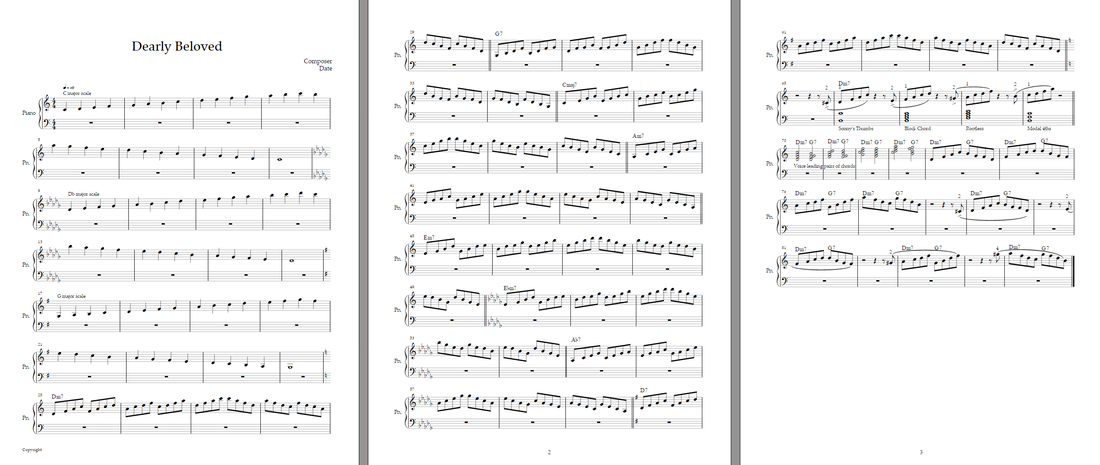
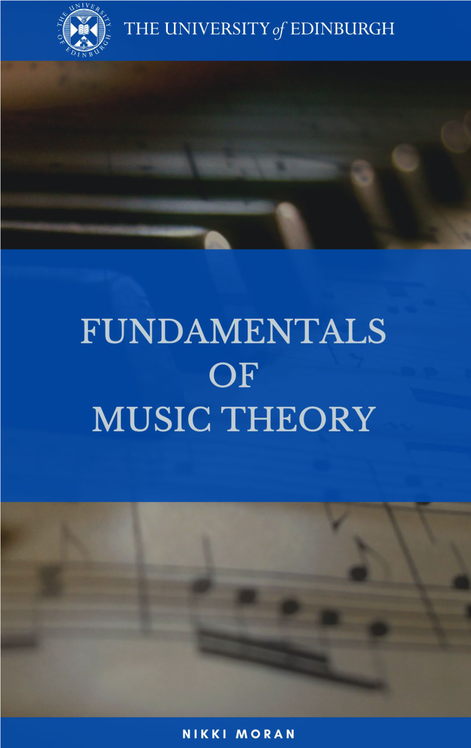
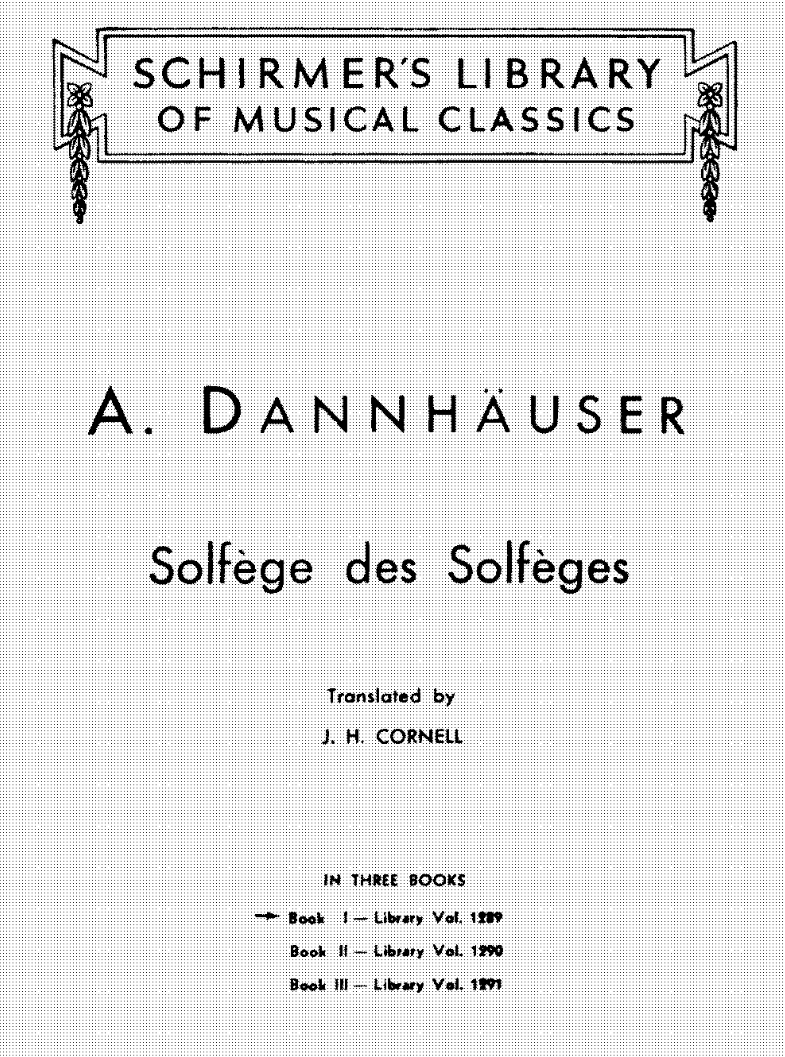

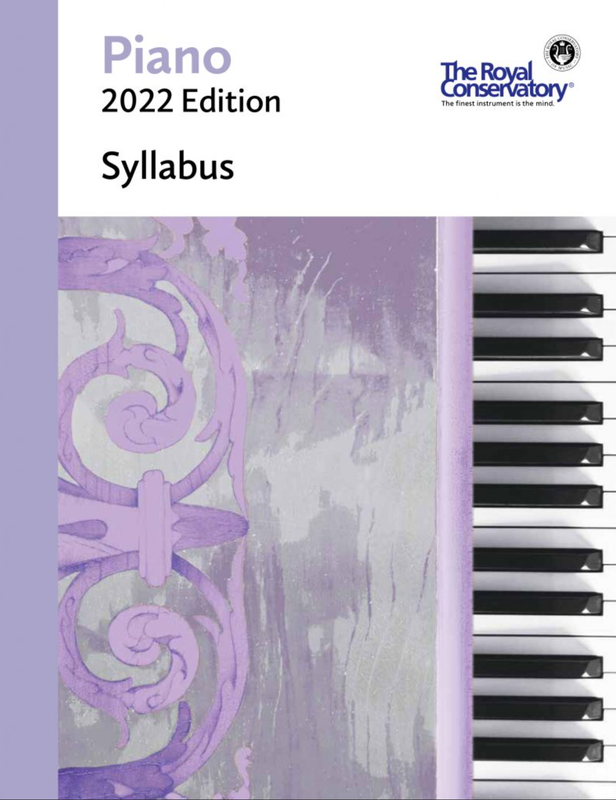
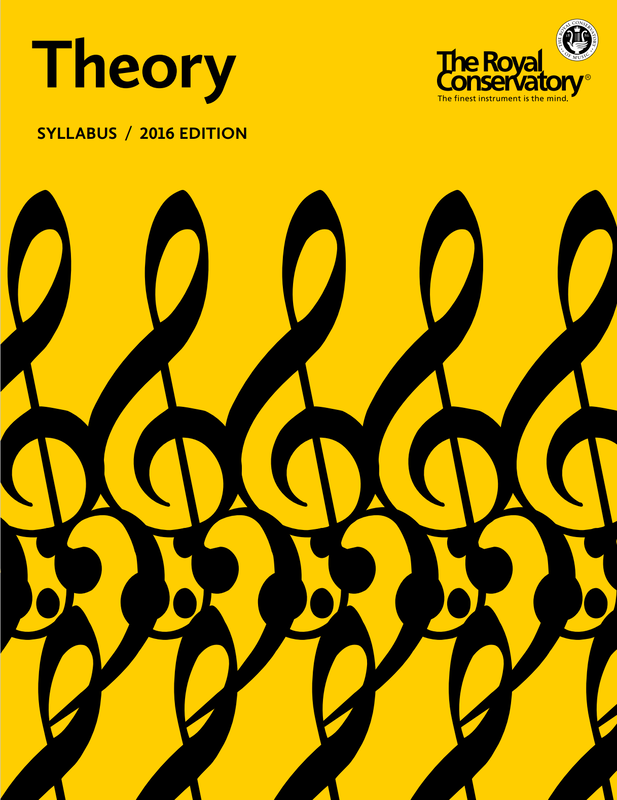
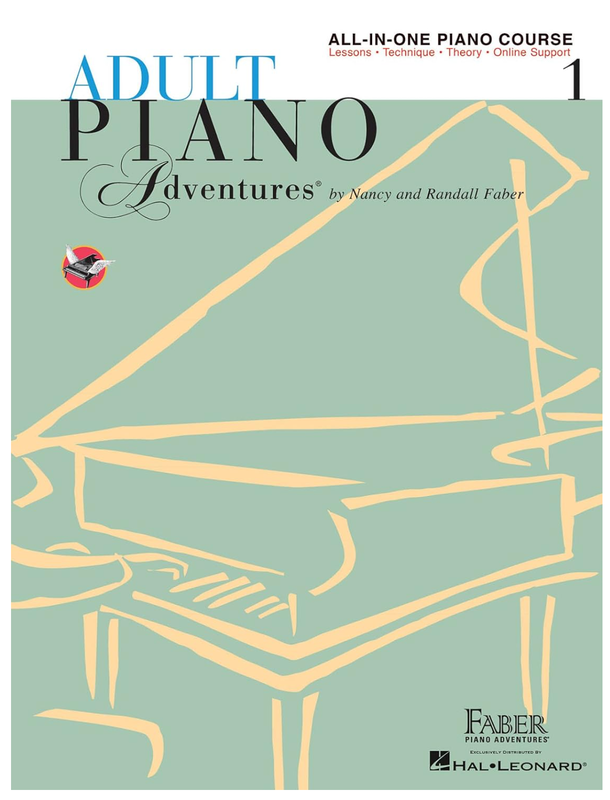
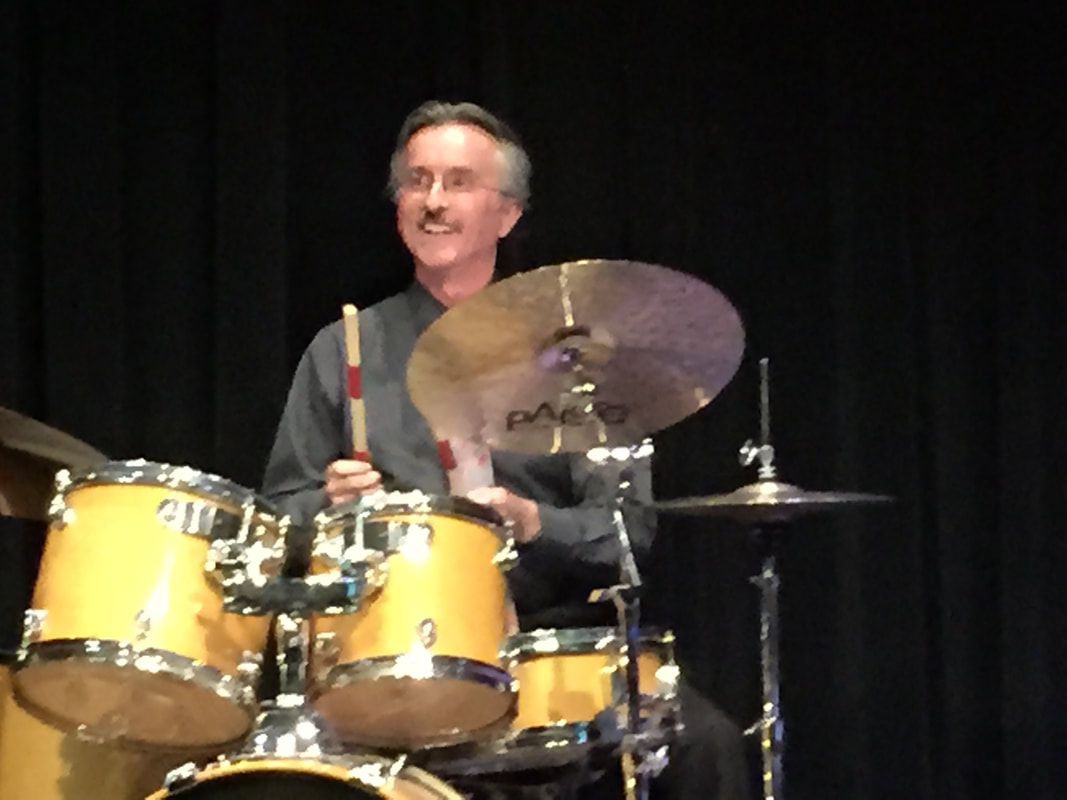
 RSS Feed
RSS Feed